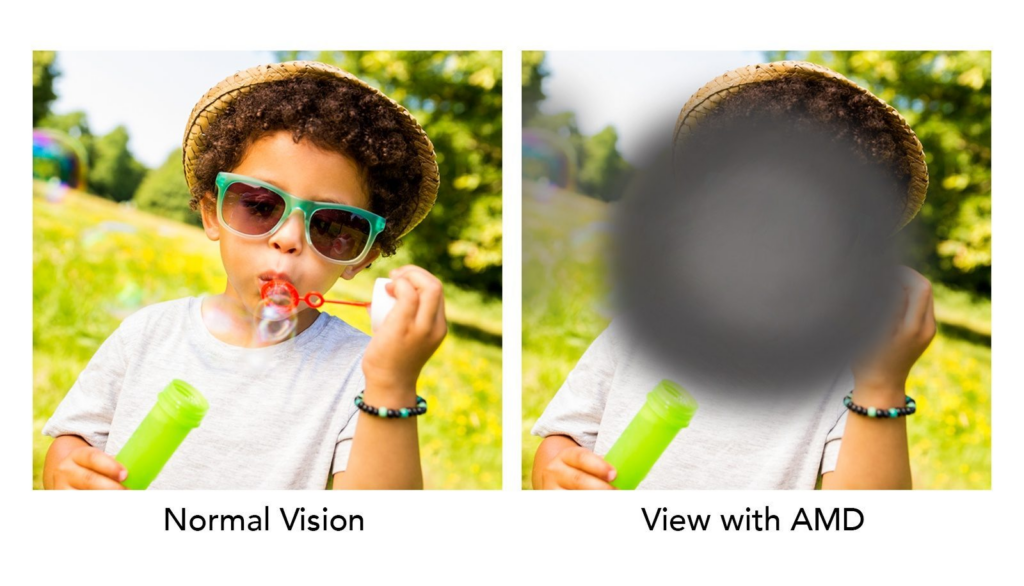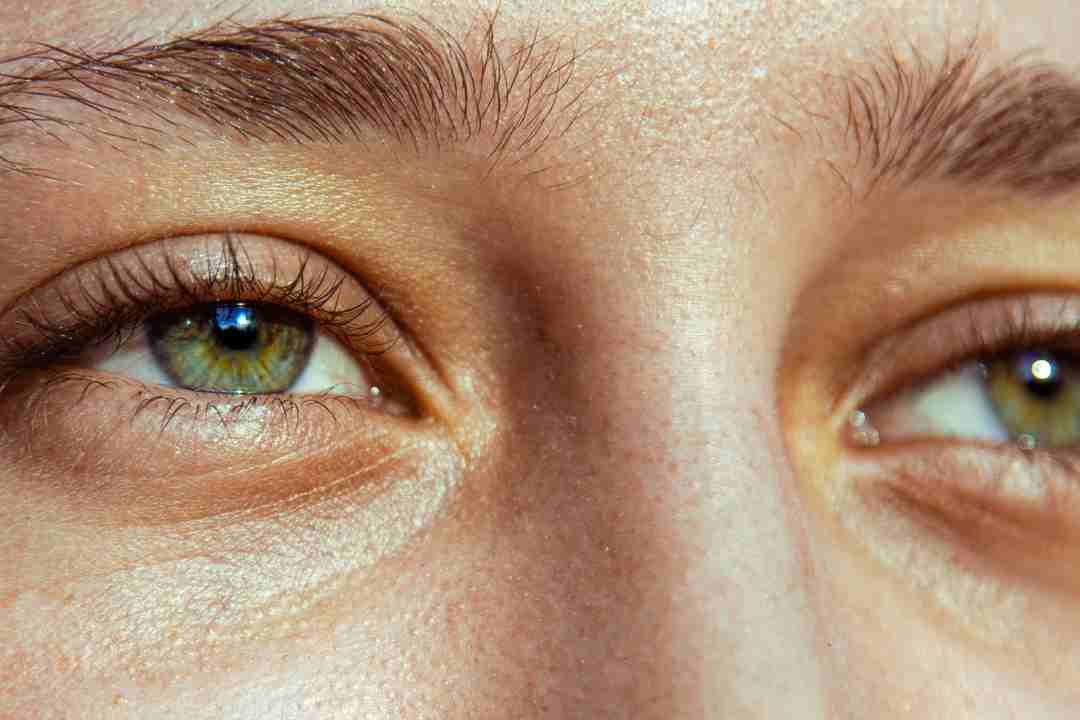At this age, people from age 40 are prone to have one eye problem or the other. As a matter of fact, some older adults are always with eye drops. So, what eye issues may lead older adults to visit a Sydney eye clinic? That is what we want to share with you.
The essence of sharing this vital information with you is to give you at least a clue. So, if you’re above 40 and you’re feeling unease in your eyes, there’s a cause for alarm. You need to visit a Sydney eye clinic for a proper eye exam.
Of course, prevention is better than cure. Some people later ended up doing laser eye surgery at the age of 70. No one can imagine how stressful the procedure will be for them. So, in other to avoid that, one needs to visit an eye doctor. One thing about Lasik surgery is that it may become more difficult if you’re becoming old.
The healing process of laser eye correction for a man aged 35 cannot be compared to a man of 70. Of course, not only LASIK eye surgery. Even cataract surgery is more tedious if one is becoming too old.
Therefore, in this write-up, we will discuss the eye diseases that may lead older adults to visit a Sydney eye clinic. But before then, it would be nice to create a piece of background knowledge. Hence, please follow us closely.
Old age and eye problems
As you age, it is normal to notice changes in how you see things or objects. For example, one may be losing the ability to see close objects. Also, an older man or woman can find it so hard to distinguish colors.
Also, old age may cause you to need more time to adapt to the changing light levels. Hence, these eye issues can be controlled and corrected. You only need to visit a Sydney eye clinic. When you meet the doctor, he will carry out some tests on you.

Contact lenses may be prescribed, exposing you to other treatment options. So, there’s no cause for alarm. You don’t need to be scared. But, people’s chances of getting eye diseases increase in old age.
Therefore, what you need to do is to keep your eye healthy. Then, ensure you follow all instructions given to you by your eye doctor. Also, click here to find more about Exceptional reasons why you need a Sydney eye clinic.
Eyes problems that may lead older adults to visit a Sydney eye clinic
Dry eye
Your tear production often starts to decrease after the age of 40. As a result, most people over 65 suffer some dry eye symptoms, which can leave their eyes feeling gritty or stinging.
Ironically, it can occasionally result in wet eyes (the dryness prompts glands to produce more tears). Over-the-counter eye drops may be beneficial for minor cases of dry eye; however, if symptoms become more severe, you may need to see an ophthalmologist.
Glaucoma
Eye test for glaucoma, are one of the most common causes of blindness in adults over 60. It is typically brought on by improper fluid drainage. And it causes pressure to build up and may harm the optic nerve.

It frequently affects both eyes, though typically not at the same time. It is painless and stealthy (also called the “quiet thief of sight”). Unfortunately, glaucoma can result in a significant loss of peripheral vision. And if glaucoma is not treated, it can lead to total blindness.
Since early treatment of eye conditions can avoid blindness, routine eye exams are essential. So, if you’re battling glaucoma, you may need to undergo minimally invasive glaucoma surgery. There’s no cause for alarm. Sydney eye hospital got you covered on this.
Macular degeneration
Many Australians are afflicted by macular degeneration. It is another major cause of visual loss. This condition affects the macula, located in the retina’s center. And it is in charge of most of our color vision and ability to see straight ahead.

When the condition worsens, it may result in blurry or wavy vision and eventual loss of central vision. Unfortunately, however, there is no known treatment. But there are steps you can take to reduce your risk and perhaps even halt the disease’s course.
They include maintaining a nutritious diet, exercising regularly, and avoiding smoking. One can also prevent it by shielding one’s eyes from UV radiation.
Cataracts
Cataracts occur from proteins in the lens starting to break down. It can cloud or blur vision. According to the National Institutes of Health, by age 80, 70% of white people have cataracts, compared to 53% of Black people.

Other risk factors include having diabetes, spending a lot of time in the sun throughout the years, and using certain medications, such as corticosteroids. Your eye doctor can advise surgery to replace the clouded lens with an artificial one if it interferes with daily activities.
Diabetic retinopathy
Diabetic retinopathy is a disorder that affects people with type 1 or type 2 diabetes. It happens when too much glucose harms the blood vessels in the retina. As a result, the retina can become infected by these injured blood vessels swelling and leaking blood. Also, other fluids and clouding vision can result in blurriness.
When the symptoms worsen over time, you may see black spots, blank regions, or even loss of eyesight. The best method to protect your vision is to maintain reasonable control of your diabetes. There’s also a diabetic retinopathy treatment. You will know that if you visit a Sydney eye clinic like PersonalEyes.
Detached Retina
This disease develops when the retina at the rear of the eye separates from the structure that supports it. The gel-like fluid in the center of our eyes called the vitreous, changes texture and shrinks as we age; occasionally, this results in the retina detaching.
Although retinal detachment is not painful, the longer it is left untreated, the higher the danger is that you will lose your eyesight permanently in that eye. Therefore, contact an ophthalmologist when you detect any warning signals, such as the sudden emergence of numerous floaters and flashes, decreased vision, or the sense that a dark curtain has been drawn over your eyes.
On a final note
Dear reader, the essence of knowing all these facts is to prevent your eye from infections. If you don’t want to go for laser treatment (laser vision correction), please visit a Sydney eye clinic for a checkup. Finally, do you have something to say regarding this topic? Please share with us. Thanks for reading!
More to read: How to Choose the Best CPAP Machines for Effective Sleep Therapy



